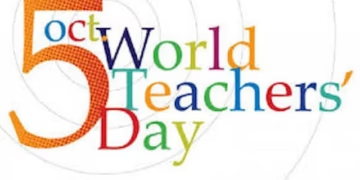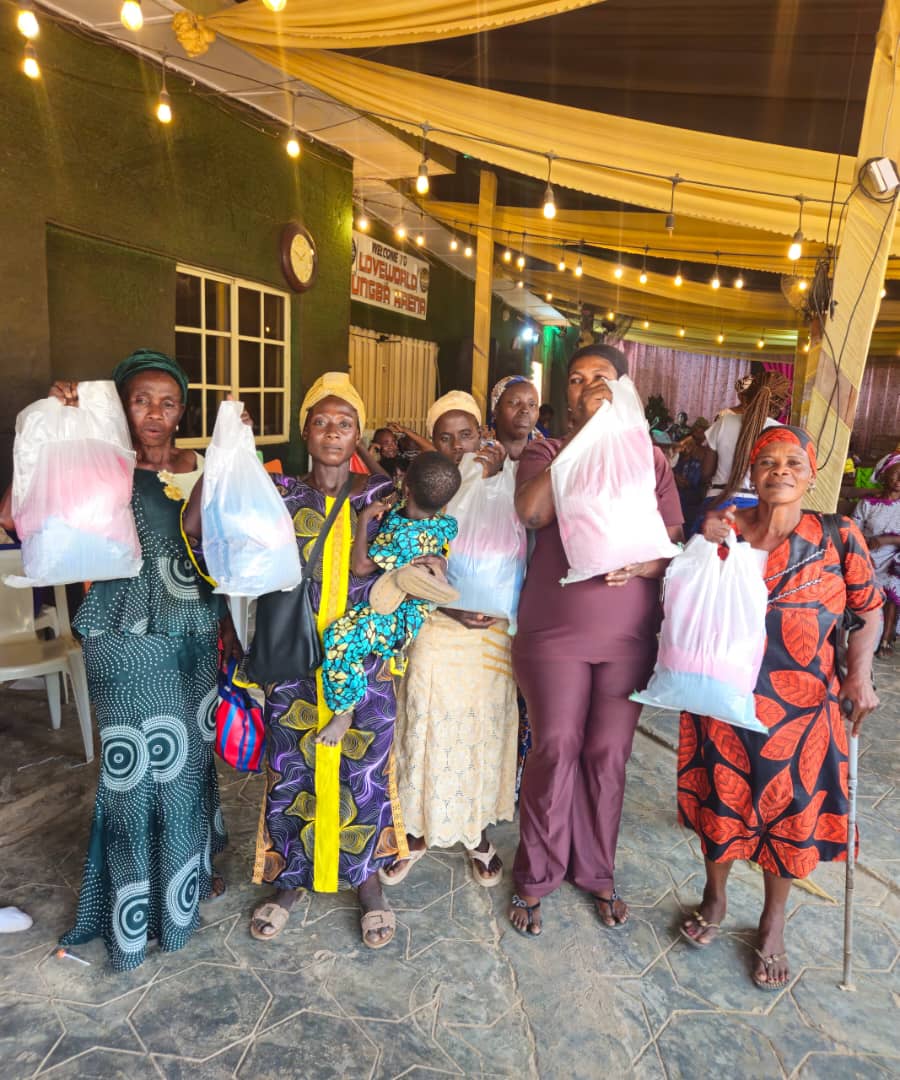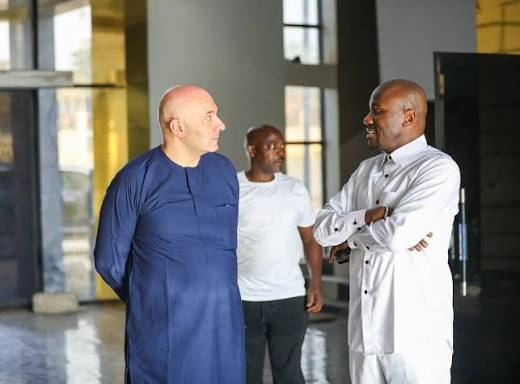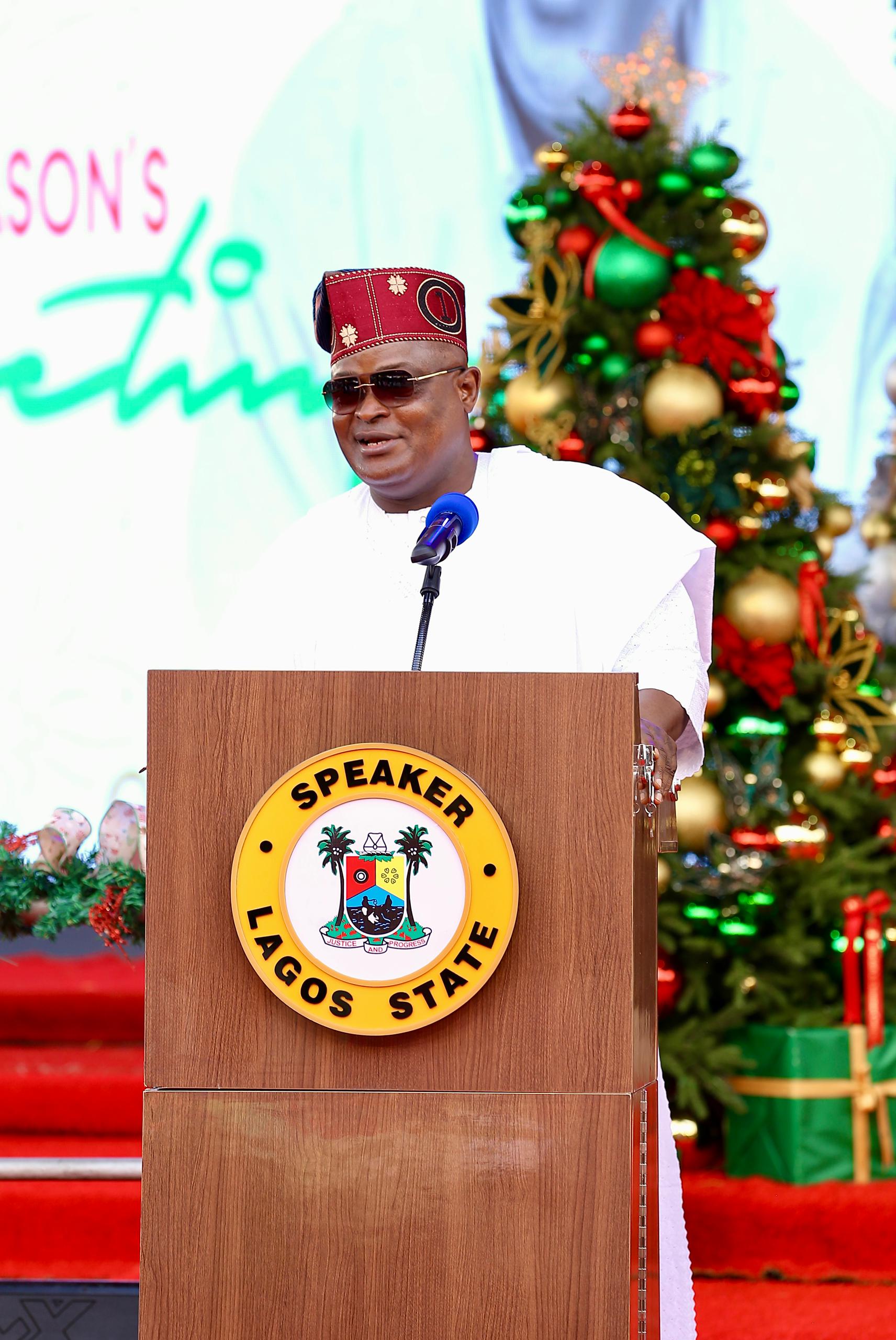Data and AI expert Abel Aboh warns Nigeria risks lagging globally if it doesn’t urgently integrate artificial intelligence education into its curriculum from nursery school upwards. He stresses the need to prepare young Nigerians as AI creators, not just consumers
[dropcap]R[/dropcap]enowned data and artificial intelligence expert, Abel Aboh, has called on the Nigerian government to urgently incorporate AI education into the national school curriculum, commencing from the nursery level.
Also read: UN experts call for global cooperation on artificial intelligence governance
Speaking in a recent interview with Channels Television, Aboh cautioned that Nigeria faces the significant risk of being left behind in global standards if it fails to act promptly.
Aboh, who holds the positions of Data Manager, AI leader, and board member at The Data Lab in Scotland, underscored the critical need to equip young Nigerians to become active participants in the AI revolution, capable of developing and innovating with these technologies, rather than merely consuming them.
“We need to start from the early years,” Aboh stated emphatically. “When we talk about early years careers, we’re talking about people that are from nursery school. It’s crazy to say that, but countries like China are already starting from nursery and primary school.”
He argued that the early introduction of AI and digital skills is no longer a choice but a fundamental necessity for Nigeria’s future.
Aboh stressed the outdated nature of schools lacking internet access or computer facilities, asserting that Nigeria must urgently bridge this technological gap.
“Imagine a school without internet or without using computers. It’s not possible. We’ve got to embed artificial intelligence as part of the curriculum.
This is not about an optional thing. This is a compulsory thing that needs to happen,” he insisted.
While acknowledging the government’s reported efforts to train three million Nigerians in tech skills, Aboh suggested that this number is insufficient given the country’s large and youthful population.
“You mentioned a number about 3 million, that’s a good number. But in my projection, we need to be targeting 10 million young Nigerian youths at the moment, not just 3 million,” he explained.
Aboh advocated for the integration of AI across all levels of education, including Nigeria’s approximately 200 universities and colleges, as well as secondary and primary schools.
“These institutions need to be using artificial intelligence as part of their curriculum; not just coding or data science, but how to develop and create those tools as well.”
Addressing concerns about prioritizing tech education amidst prevalent poverty and hunger, Aboh posited that AI could be instrumental in tackling these economic challenges by fostering job creation and driving innovation.
“When someone is hungry, what the person needs is food. And food does not fall from the sky, you’ve got to create it. People are hungry because they’re not economically active. Artificial intelligence will help you earn money, create things you can sell, and feed yourself,” he argued.
He further emphasized that Nigeria can no longer solely rely on traditional methods to address its societal issues. “We can’t just go into the farms and keep farming every day. It’s not possible. We’ve got to apply artificial intelligence to everything we do.”
On governmental progress, Aboh revealed that Nigeria’s national AI strategy remains in its draft stage, urging policymakers to expedite its formalization and implementation.
“We’ve got the national AI strategy, unfortunately, the strategy is under draft and that’s sitting in the shed. That’s not good enough. We need to move that from a draft to an active policy,” he stated.
Also read: Elon Musk raises alarm over Google artificial intelligence chatbot
He also highlighted the urgent need for the passage of the Digital Economy Bill, which is currently awaiting legislative approval. “Government needs to set the trajectory and the policy, and then the public sector needs to galvanize quite quickly,” Aboh concluded.
























